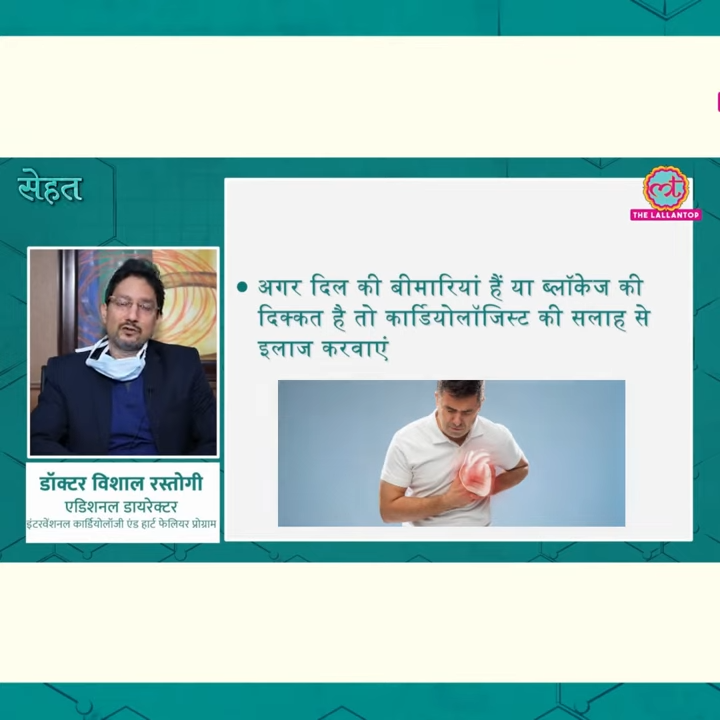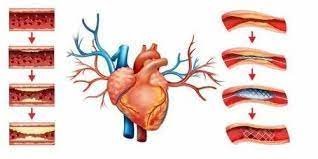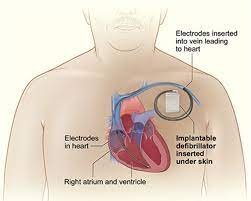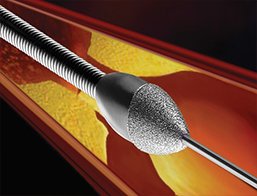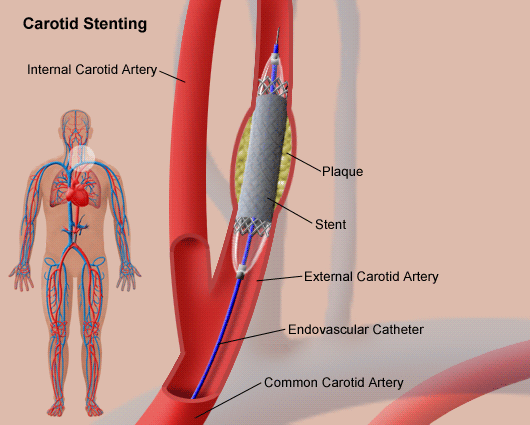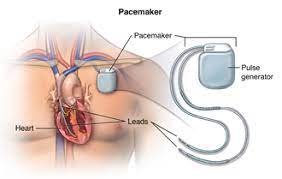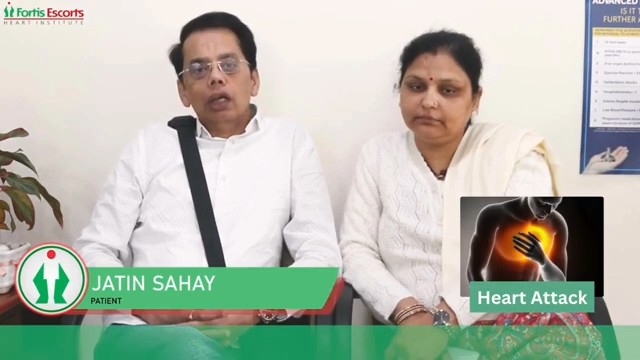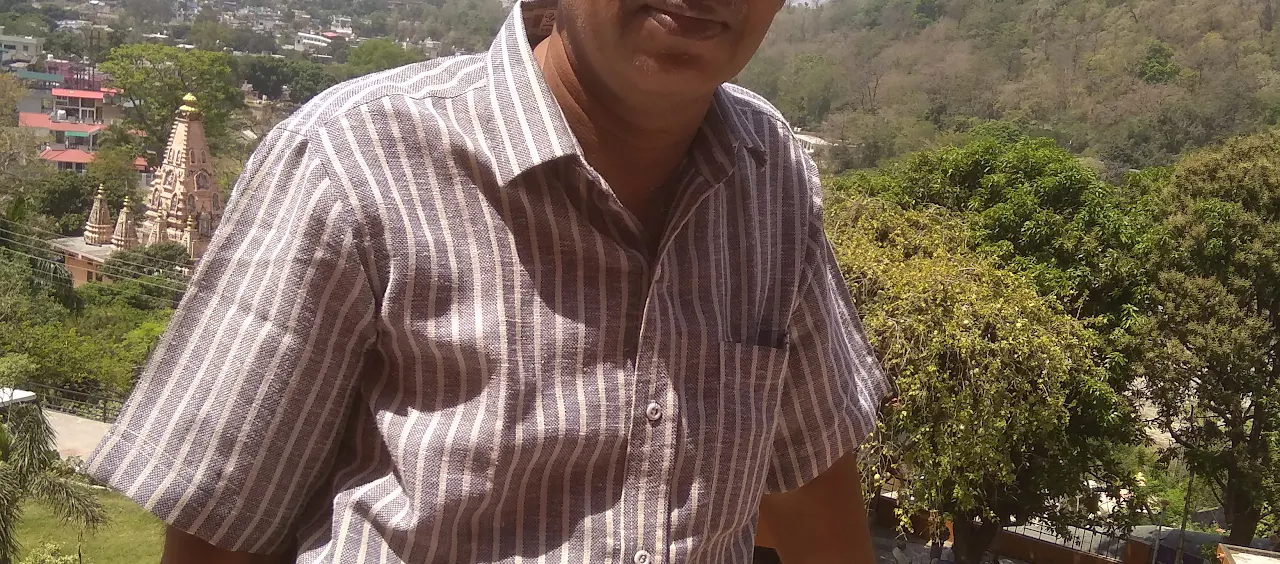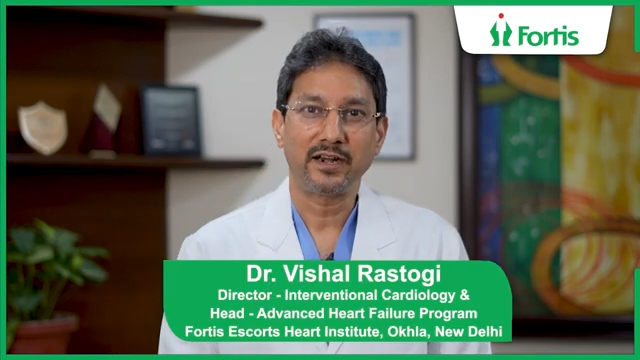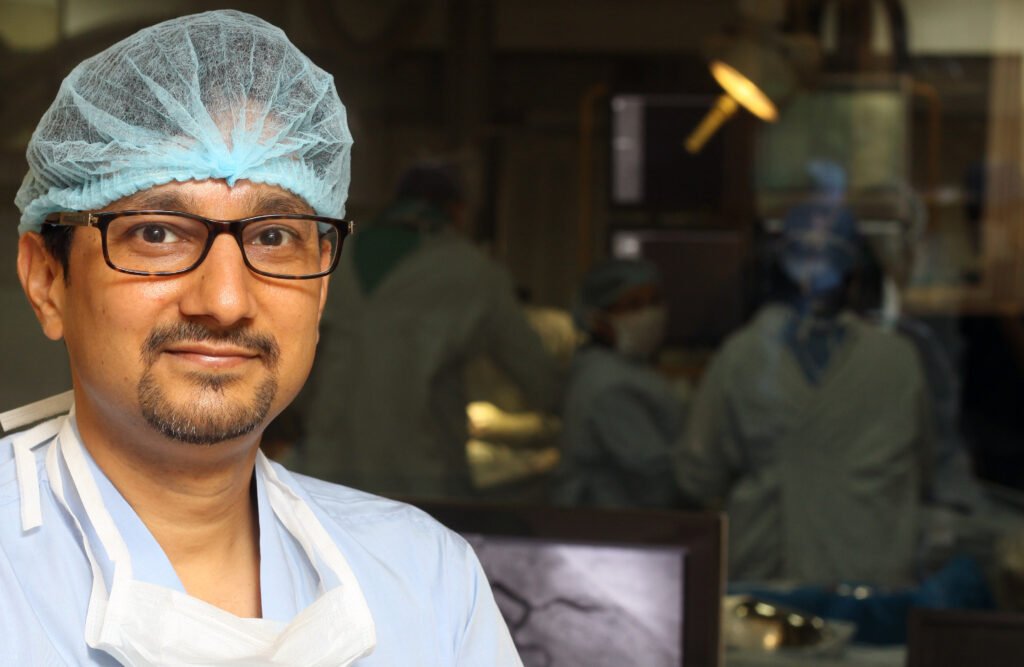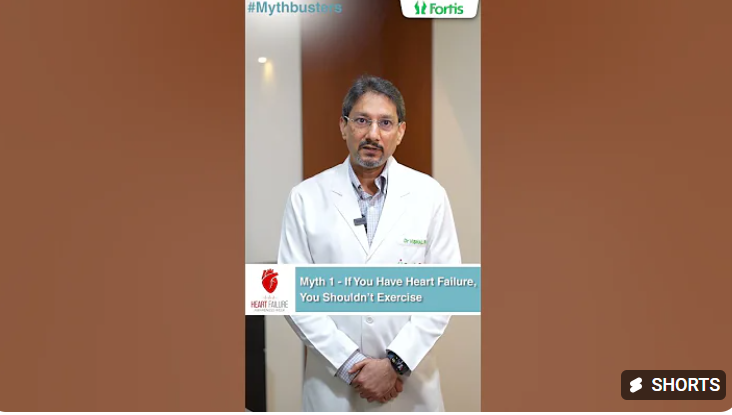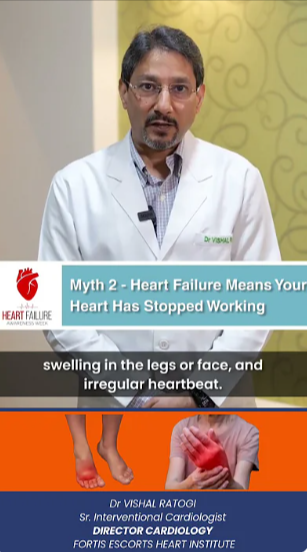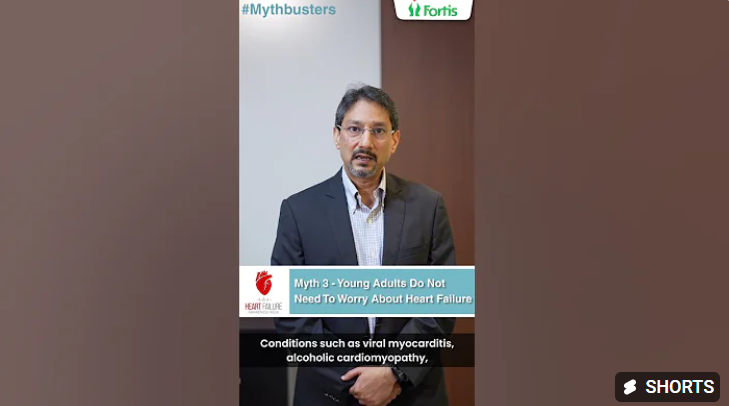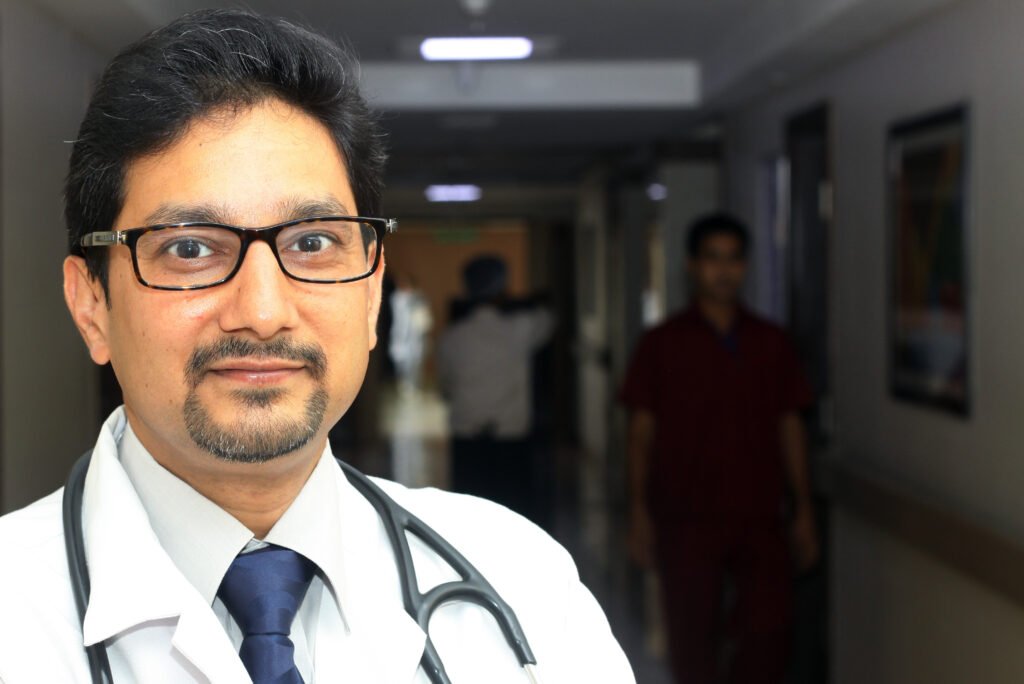
Dr. Vishal Rastogi
Expert in Complex Coronary Interventions and Heart Failure Management |
MBBS, MD (Internal Medicine), DM (Cardiology)
Director of Interventional Cardiology - Fortis Okhla
Dr. Vishal Rastogi is a distinguished interventional cardiologist based in Delhi, currently serving as Director of Interventional Cardiology and the Advanced Heart Failure Programme at Fortis Okhla. With over two decades of experience, Dr. Rastogi is renowned for his skill in handling complex cardiac cases, including critically ill patients requiring advanced support devices like the Impella Left Ventricular Assist Device.
Dr. Rastogi’s extensive expertise includes complex coronary interventions, such as Rotablation, carotid intervention, peripheral vascular intervention, and percutaneous aortic valve implantation. He also serves as a national proctor for cutting-edge procedures in coronary imaging (IVUS, OCT) and bifurcation stenting. A key contributor to cardiac research, Dr. Rastogi is the principal investigator in multiple heart failure and interventional trials and actively contributes to the Indian Heart Journal editorial board.






